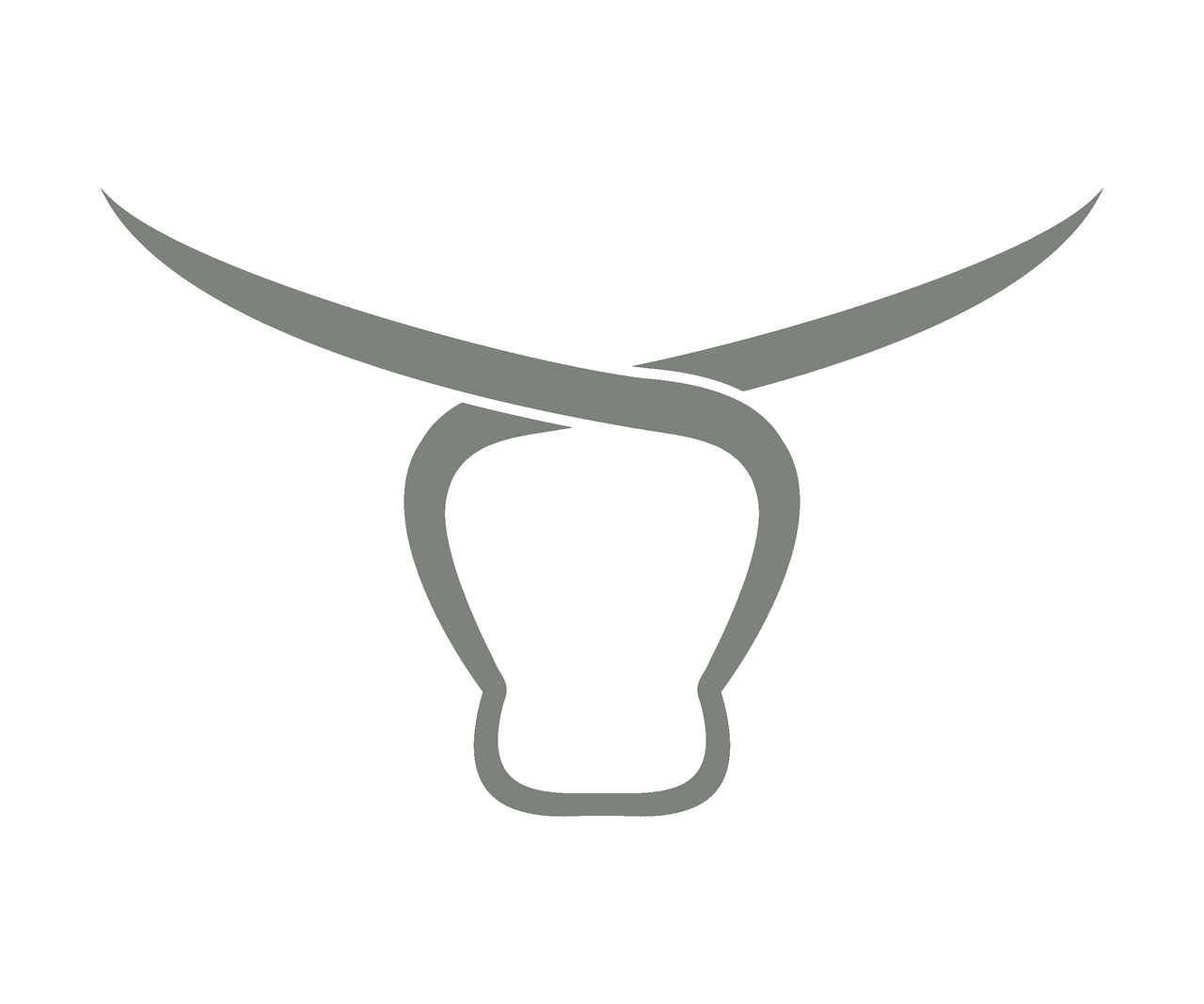Cattle-owning? Thinking of it? You must know about cattle scales! Here comes the guide: why so important, how to use, and the types. Get the info to make a wise buying decision. Boom!
what are cattle scales
Cattle scales are devices used to measure the weight of cattle precisely. They're specially designed to handle the large size and weight of cattle. Accurate measurements are vital for tracking growth, assessing health, and calculating feed requirements.
Types of cattle scales include mechanical, digital, and hydraulic. Mechanical scales use levers and weights to measure the weight. Digital scales use electronic load cells for high accuracy. Hydraulic scales work with hydraulic pressure.
To ensure accurate readings, features like anti-slip surfaces and sturdy construction are often incorporated. Some advanced models even come with displays, data recording, and connectivity options.
Investing in a quality cattle scale is essential for livestock owners. It eliminates guesswork and helps farmers make informed decisions based on accurate data. Get one today to take control of your herd's progress and well-being.
What are the different types of weighing scales for cattle?
Cattle scales come in various types. Options like platform scales, squeeze chute scales, walk-on scales, and alleyway scales provide unique features and benefits for accurate and efficient cattle weighing.
The table below outlines the different types of weighing scales for cattle, along with their key characteristics:
| Type of Scale | Description |
|---|---|
| Platform Scales | Sturdy, durable scales for large animals on a stable surface. |
| Squeeze Chute Scales | Integrated with a squeeze chute to weigh cattle during handling. |
| Walk-On Scales | Low-profile platform for easy access and quick weighing. |
| Alleyway Scales | Installed within alleyways or raceways for livestock management. |
Portable cattle scales offer mobility. They often feature load bars that can be easily transported and assembled. These scales are convenient for farmers needing to weigh their cattle in different locations.
Weighing scales have been used in animal husbandry for centuries. In ancient times, makeshift balance systems were used to measure the weight of livestock. Advances in technology led to the development of more accurate and efficient cattle scales today.
Do cattle scales have to be level? Yes! That way cows don't do a balancing act and the farmer doesn't need to run a circus.
Do cattle scales have to be level?
Leveling cattle scales is essential for accurate weight measurements. Without proper leveling, the scale can provide faulty results. Imbalanced weight distribution affects the accuracy of the measurement, which can be crucial in certain situations.
To maintain accuracy, level and calibrate the scales regularly. Calibration involves adjusting the scale to ensure its accuracy by comparing it to known weights. This step strengthens precision and reduces potential discrepancies in readings.
A study in the Journal of Animal Science and Technology reveals leveled and calibrated cattle scales yield accurate weight measurements with minimal error margin. These guidelines can help farmers improve productivity and manage cows, calves, and other livestock more effectively.
Installing cattle scales may be tricky, but at least you'll never miss weighing your cows!
How do you install cattle scales?
For cattle scales, pick a spot that's level and stable. Clear out any mess that could affect the scale's performance. Put the platform down firmly, and make sure it's level with a spirit level. Connect the load cells to the display, and check the connections are secure. Then, calibrate the scales as per manufacturer instructions before you use them.
- Choose a level, stable spot.
- Clear away any mess.
- Place the platform firmly.
- Securely connect the load cells.
- Calibrate the scales per instructions.
When installing, consider ground safety and protection against weather. Accurate readings help with livestock management and farm operations.
Pro Tip: To keep your cattle scales accurate and long-lasting, regularly inspect and maintain them.
Frequently Asked Questions
1. What is a cattle scale?
A cattle scale is a weighing device specifically designed to accurately measure the weight of cattle. These scales are typically used in the agriculture industry to monitor the health and growth of livestock.
2. How does a cattle scale work?
A cattle scale works by utilizing load cells or strain gauges that measure the weight placed on them. These sensors convert the weight into an electrical signal, which is then processed by a digital indicator or computer to provide an accurate weight reading.
3. What are the different types of cattle scales?
There are several types of cattle scales available, including platform scales, squeeze chute scales, alleyway scales, and portable scales. Platform scales are stationary and often used in permanent weighing locations, while squeeze chute scales and alleyway scales are designed to weigh cattle as they move through a chute or alley. Portable scales are convenient for weighing cattle in different locations.
4. How accurate are cattle scales?
Cattle scales are generally very accurate, with most models offering a precision of within a few pounds. However, it's important to ensure that the scale is properly calibrated and maintained to maintain accuracy. Regular calibration checks and servicing are crucial for accurate measurements.
5. Can cattle scales handle large animals?
Yes, cattle scales are specifically designed to handle the weight and size of large animals. They are constructed with sturdy materials and are capable of accurately weighing cattle of various sizes, including bulls and mature cows.
6. Are cattle scales easy to install and use?
Installing and using cattle scales can vary depending on the type and model. While some scales may require professional installation, others are designed for easy setup and can be operated by anyone with basic knowledge. It's essential to carefully read the user manual and follow the instructions provided by the manufacturer.
More information on cattle scales at AgriEID or https://cattlescales.co
